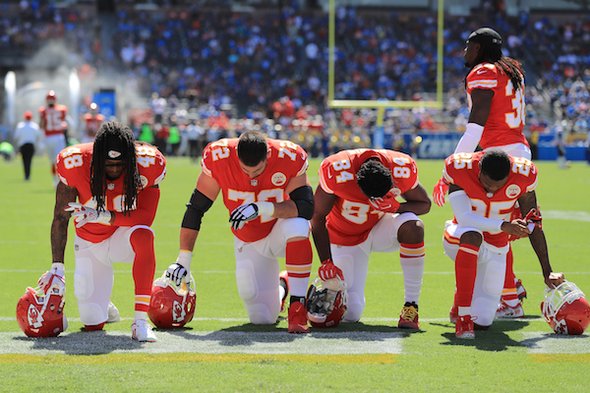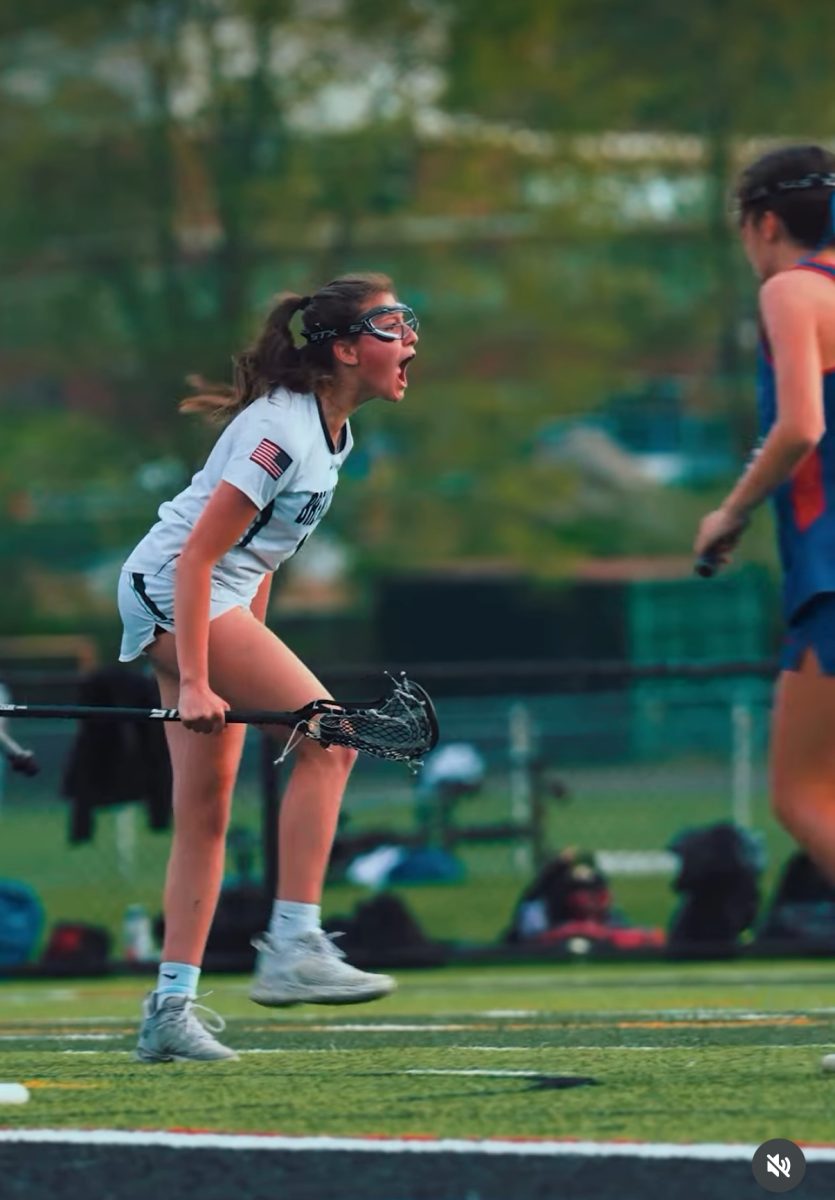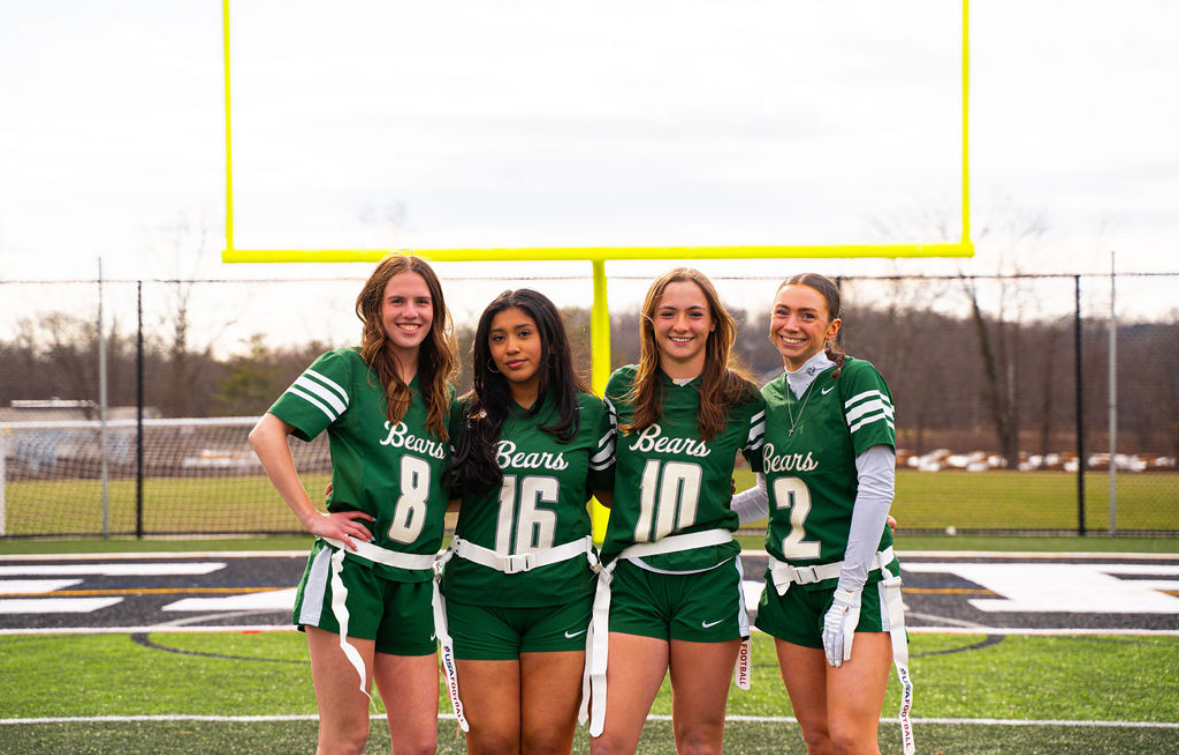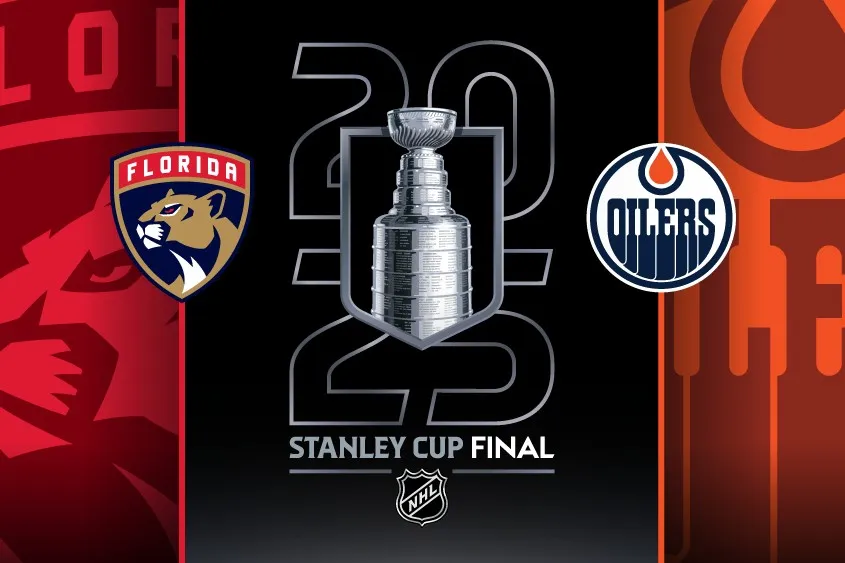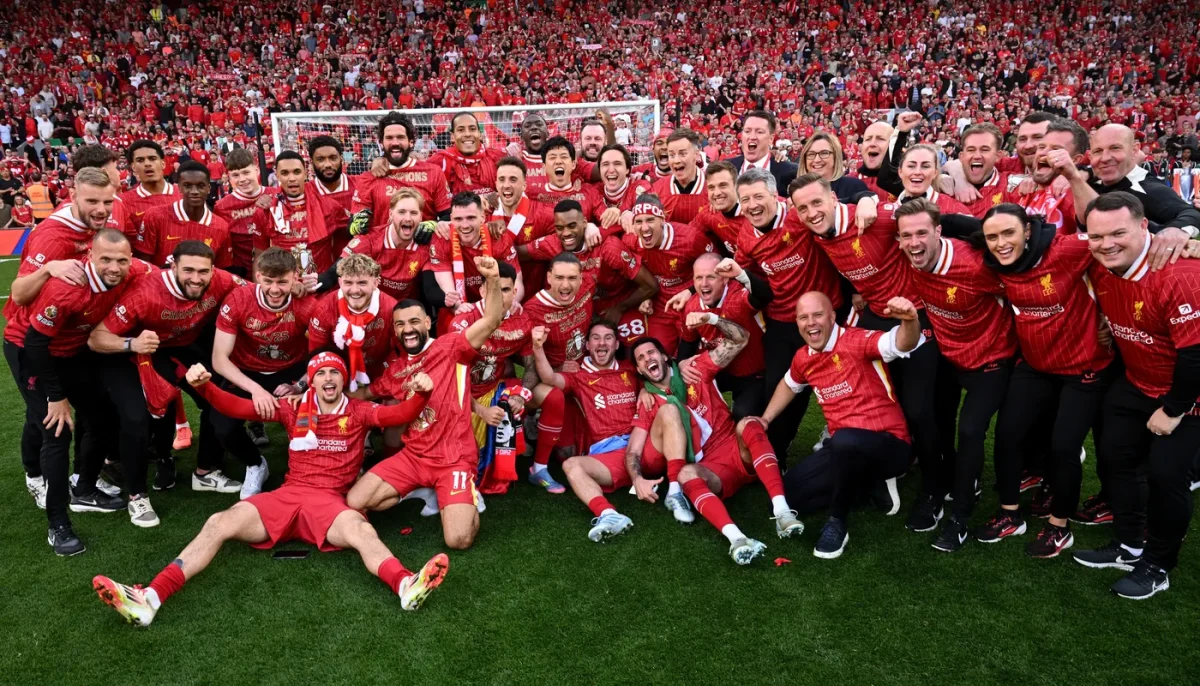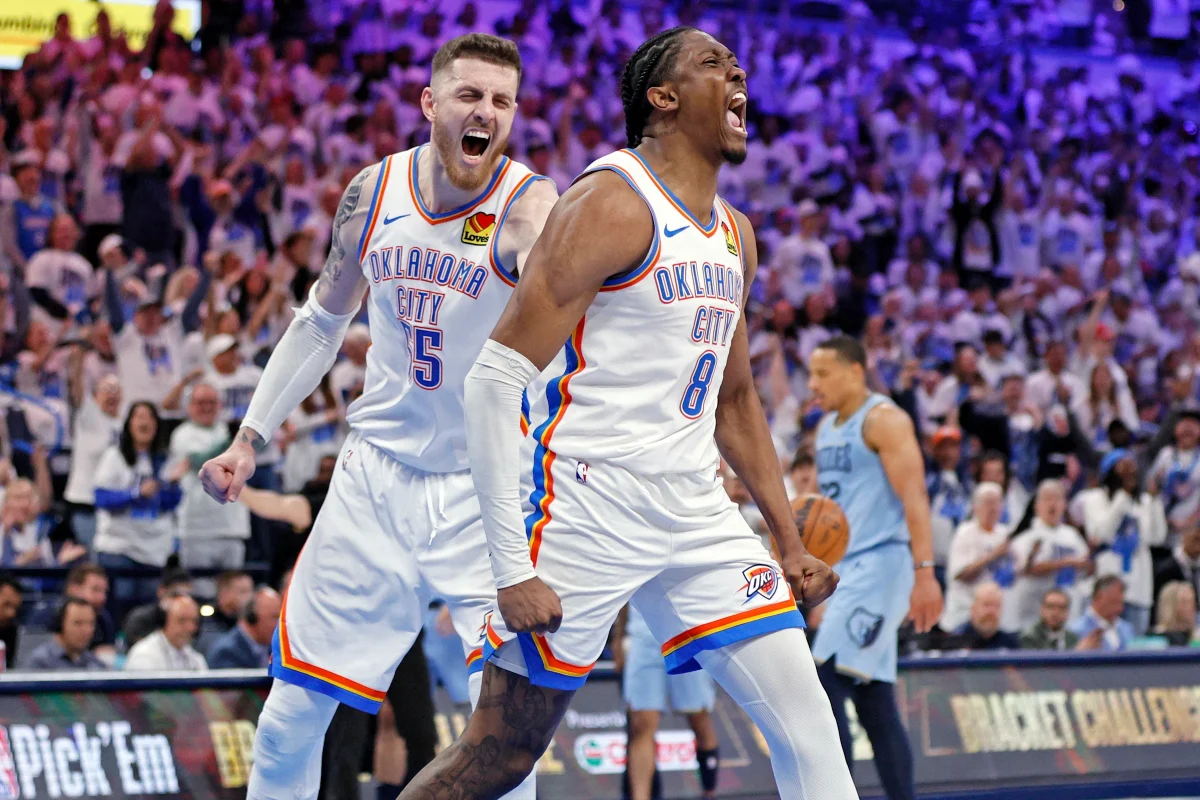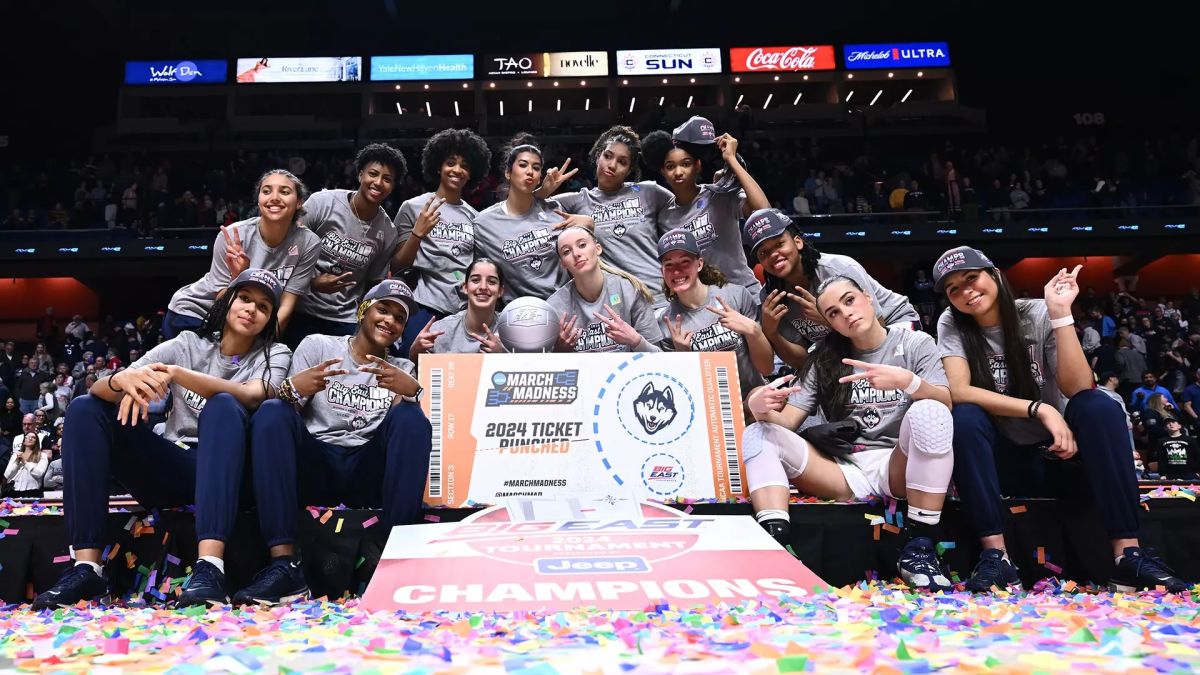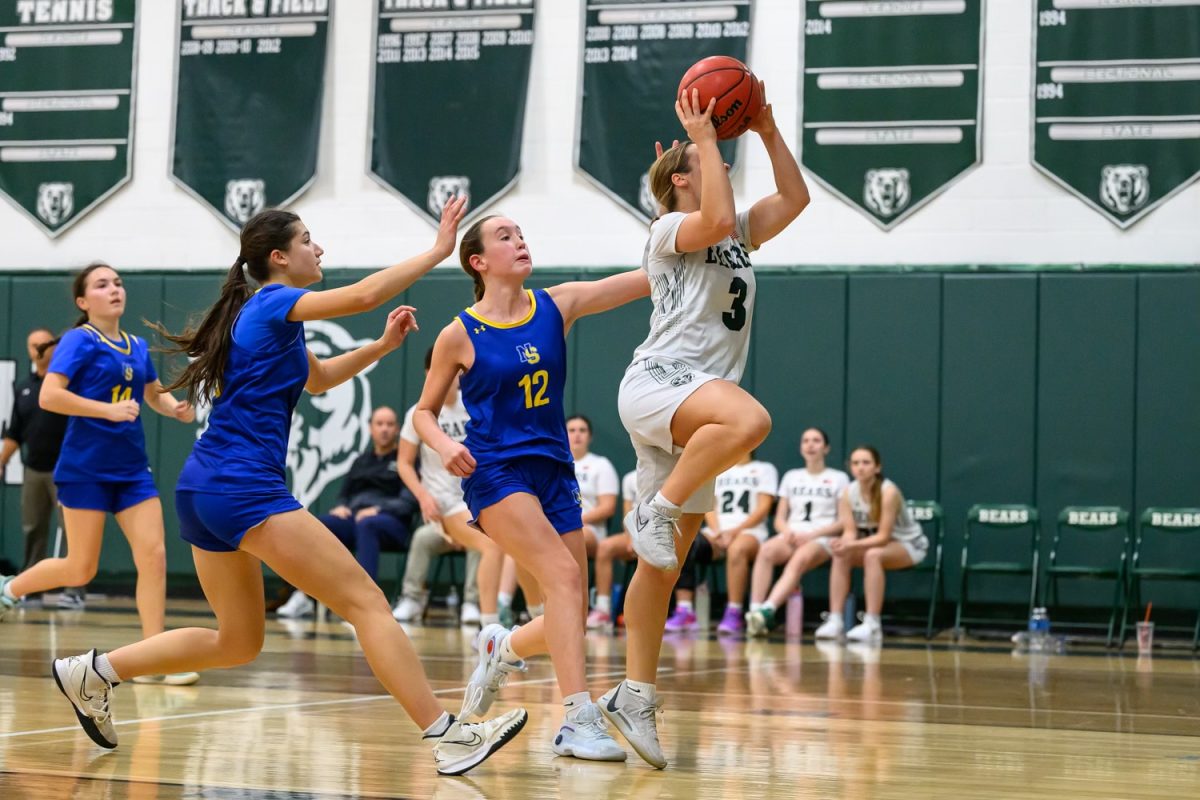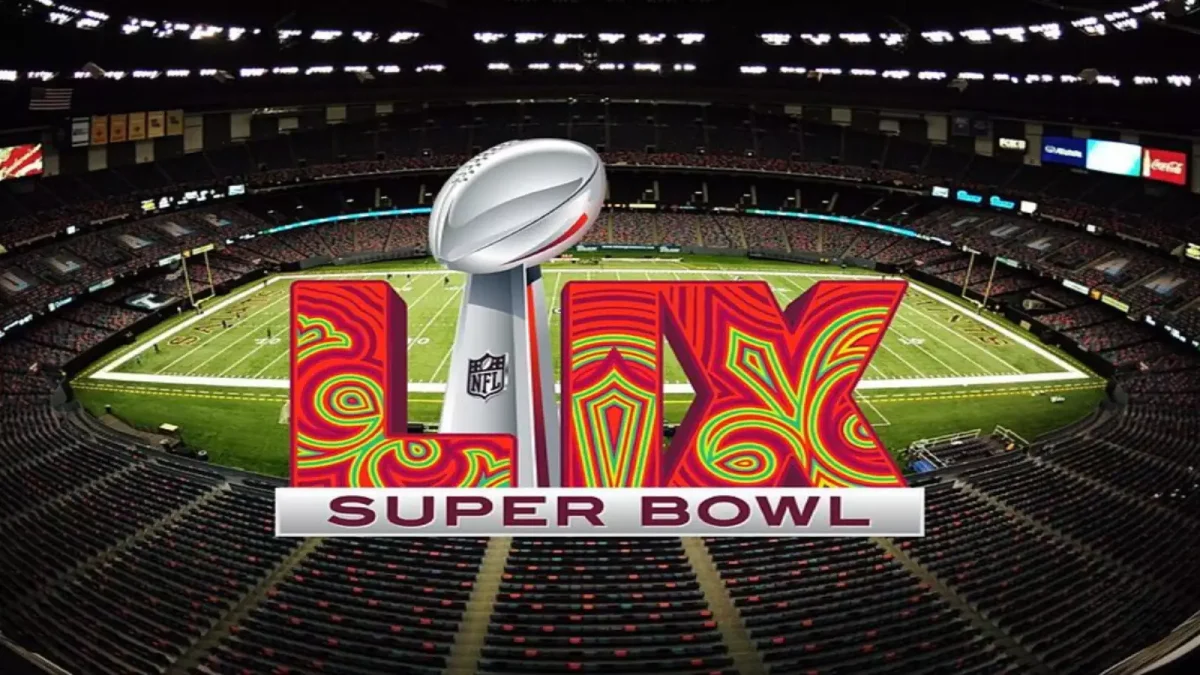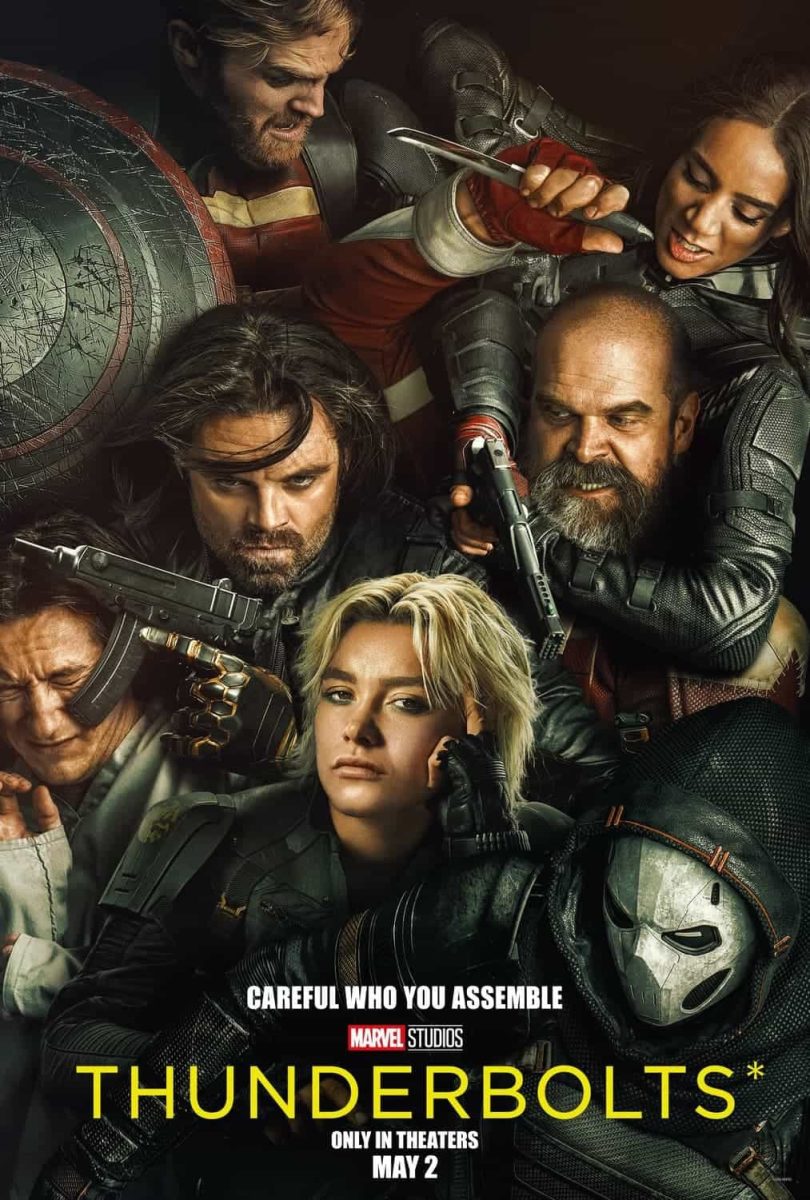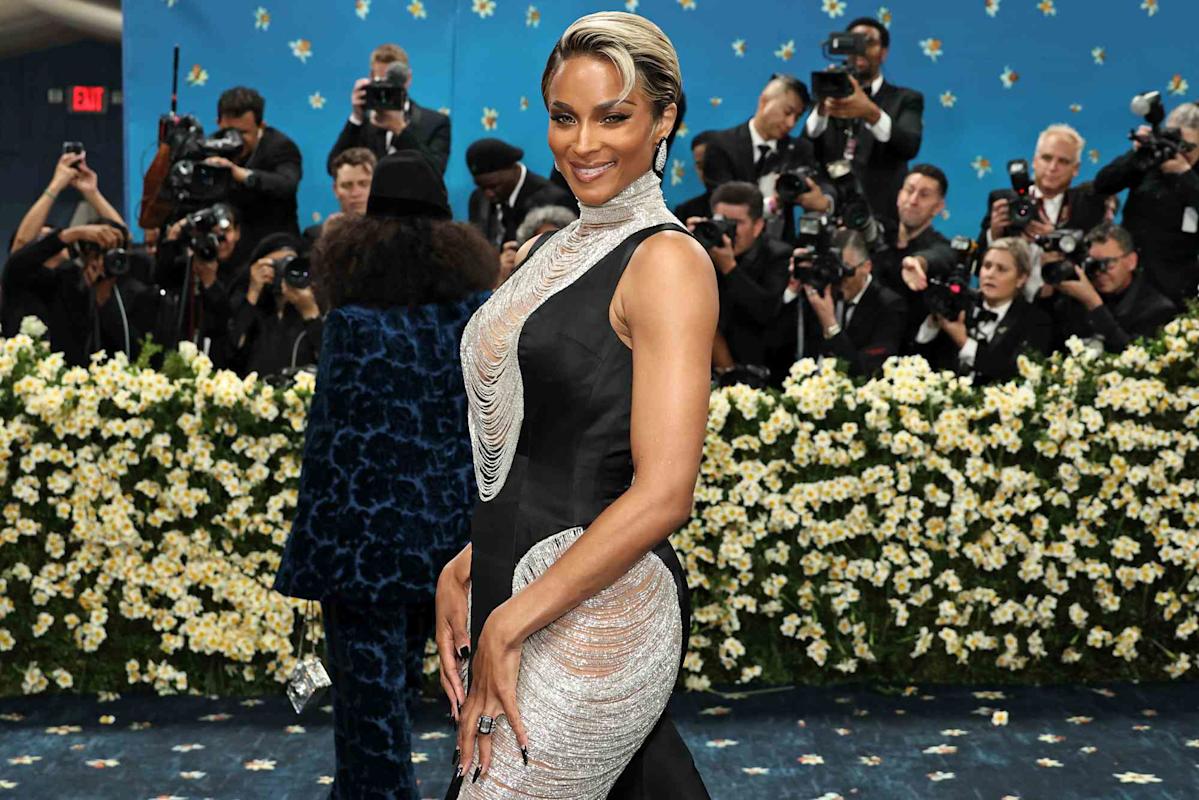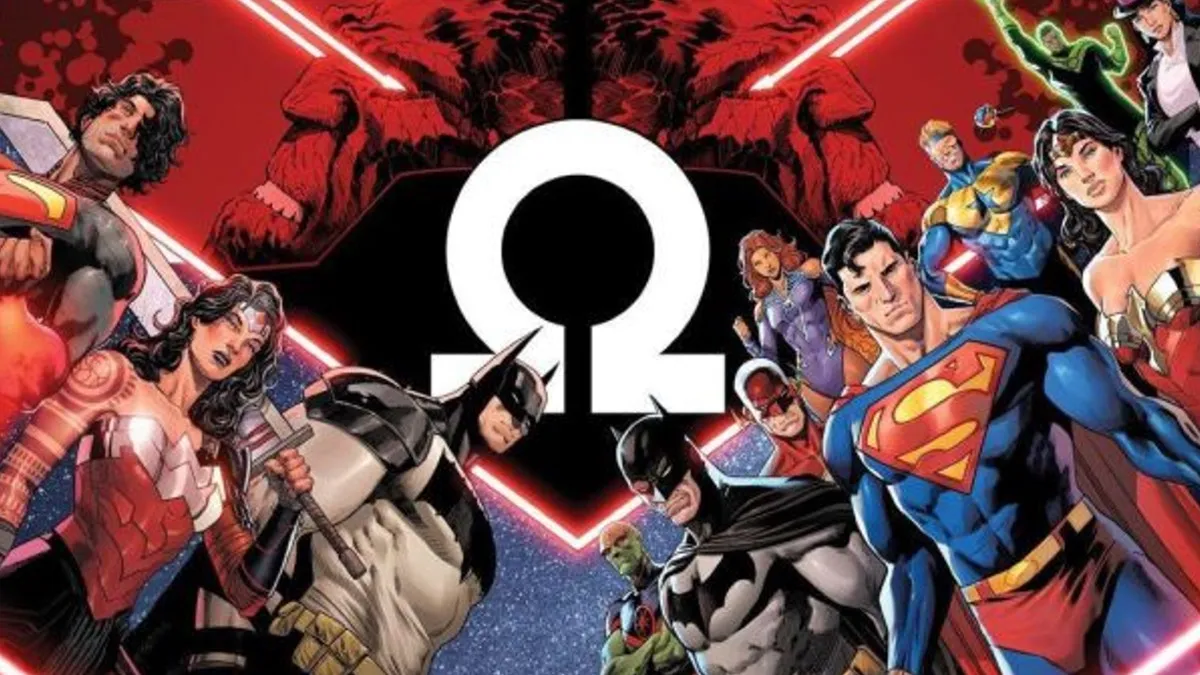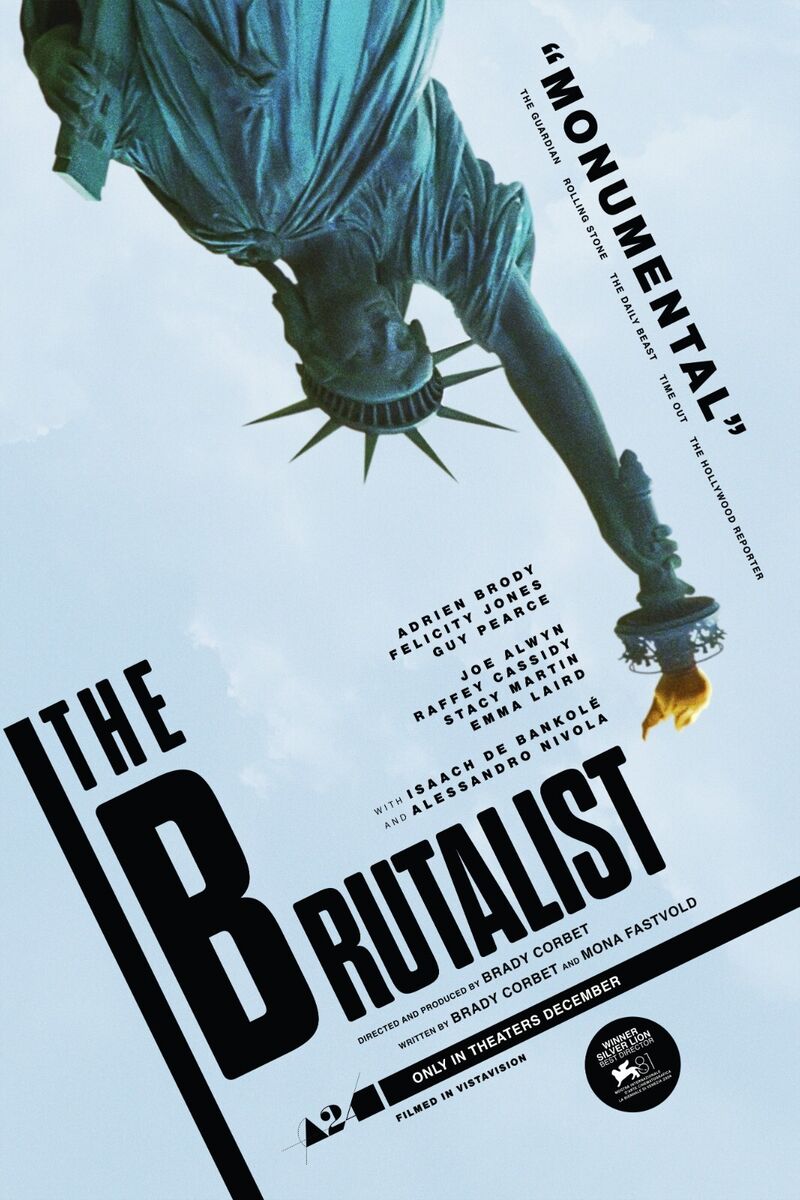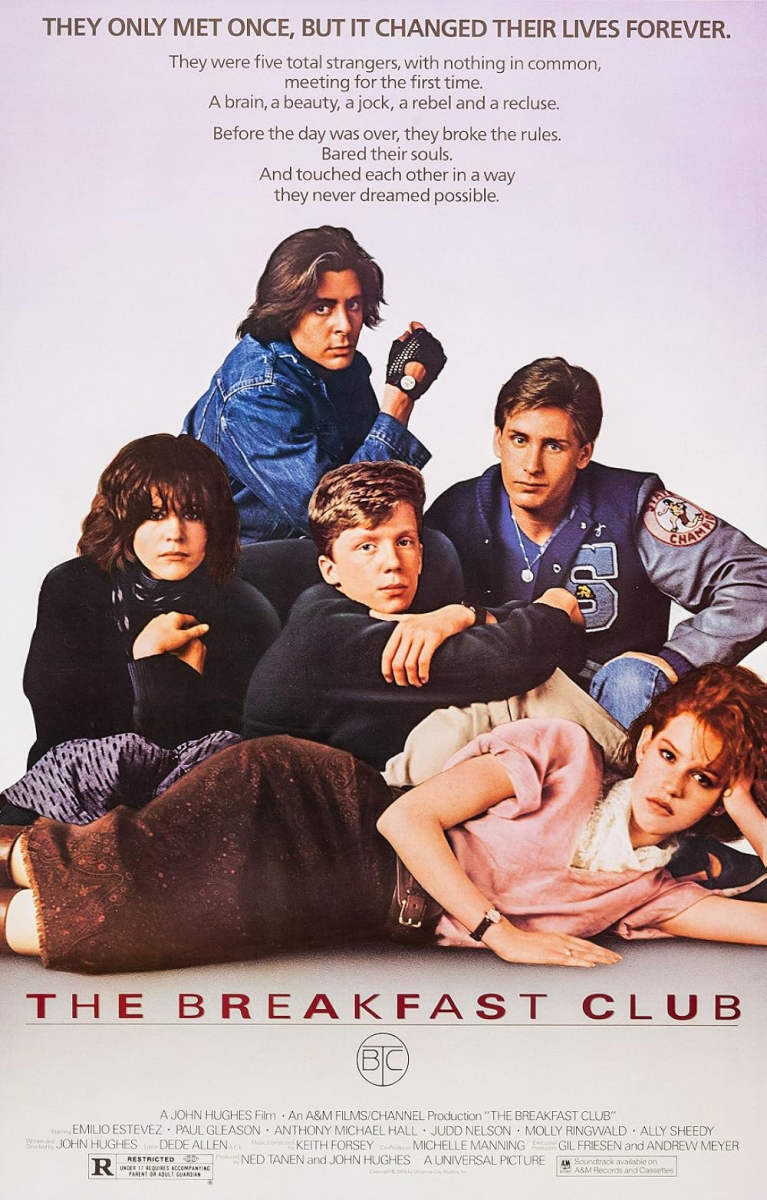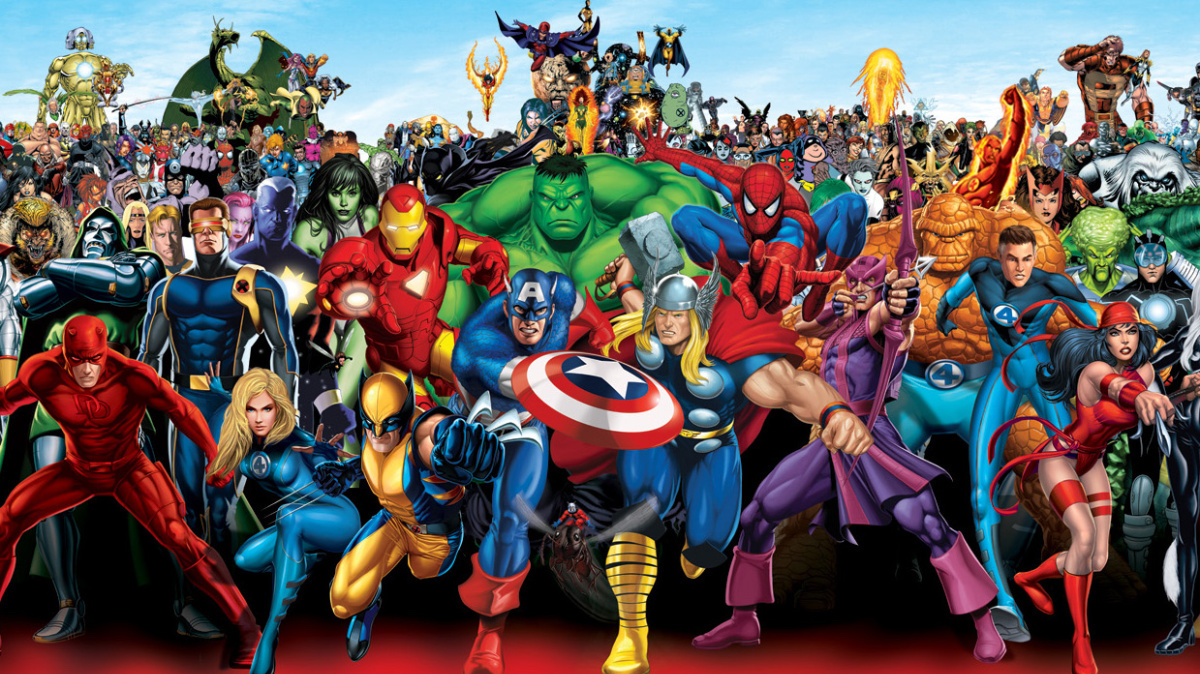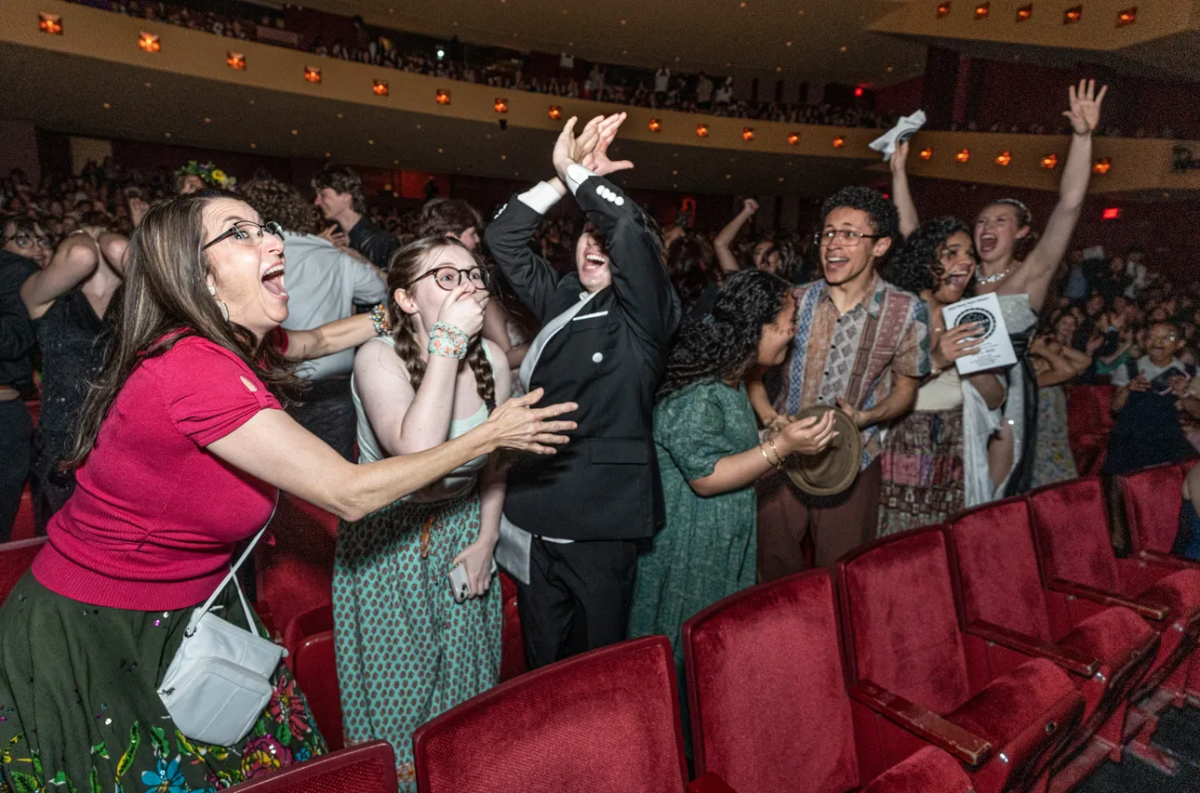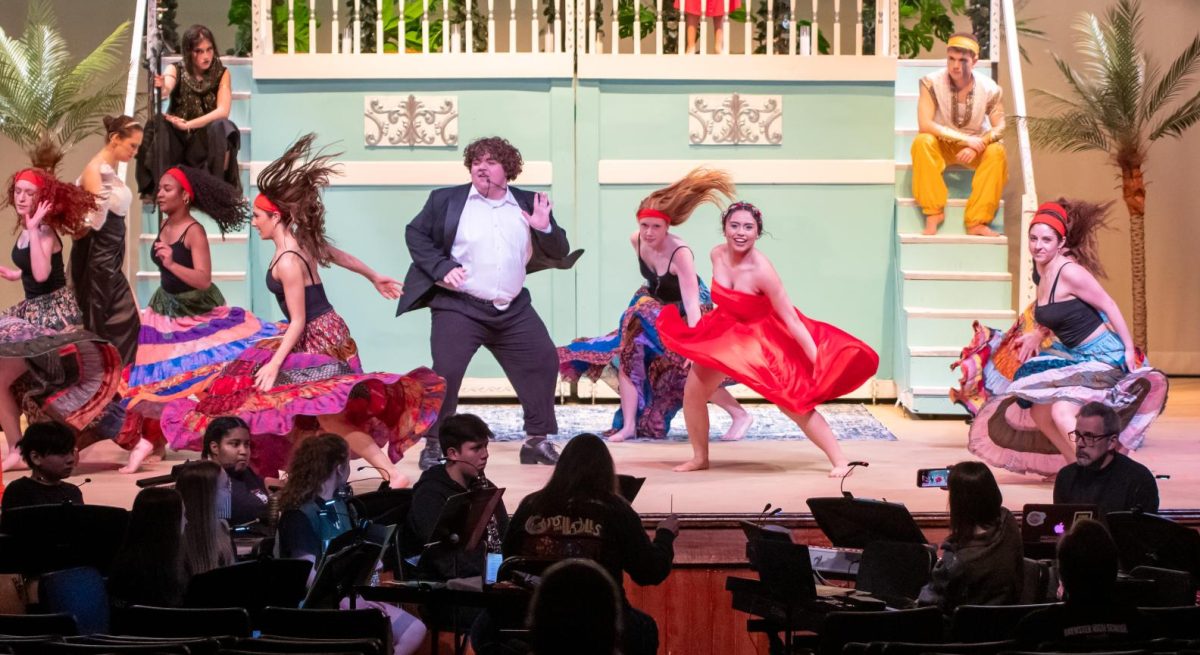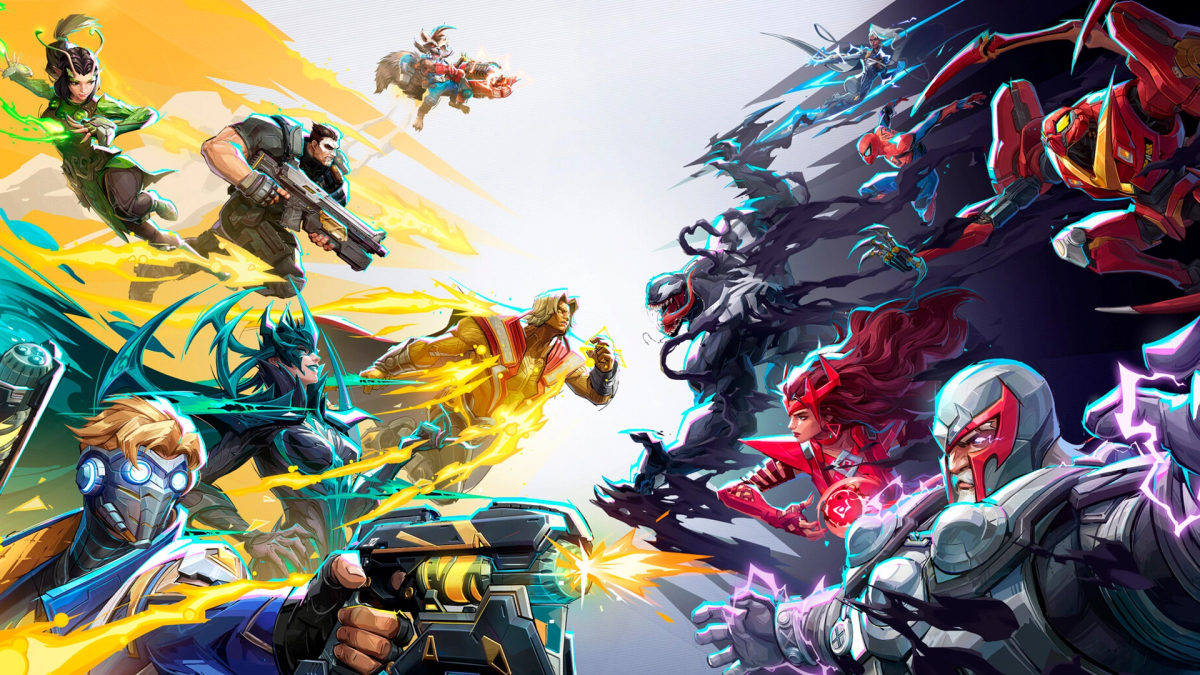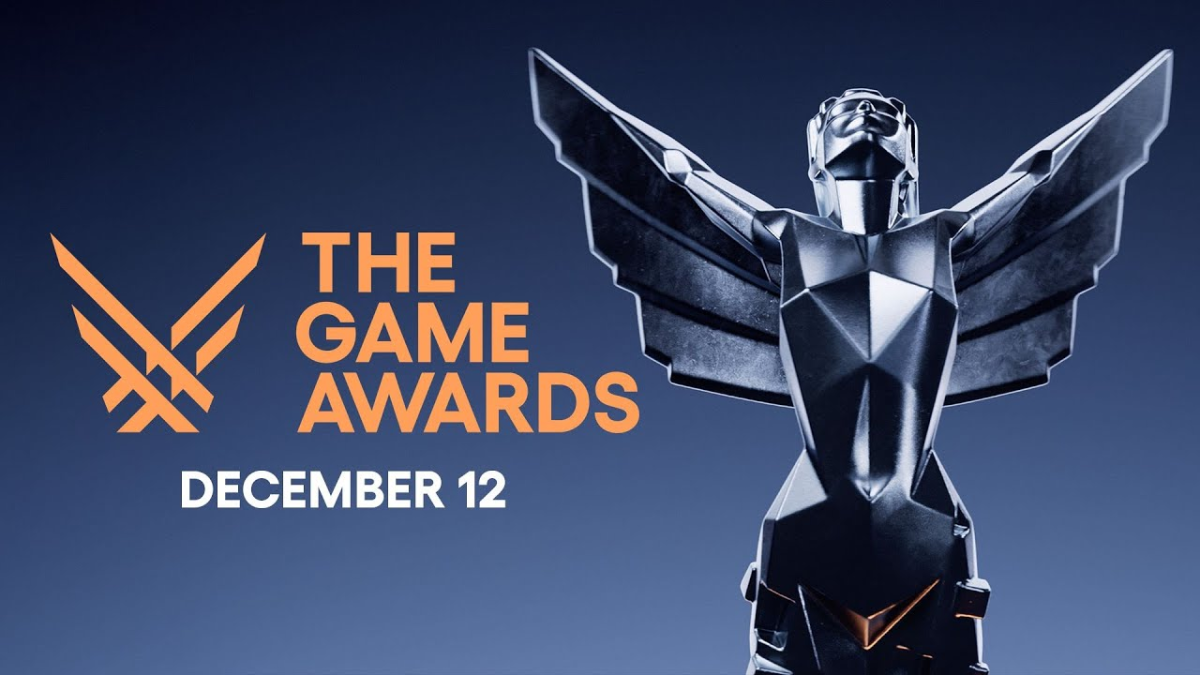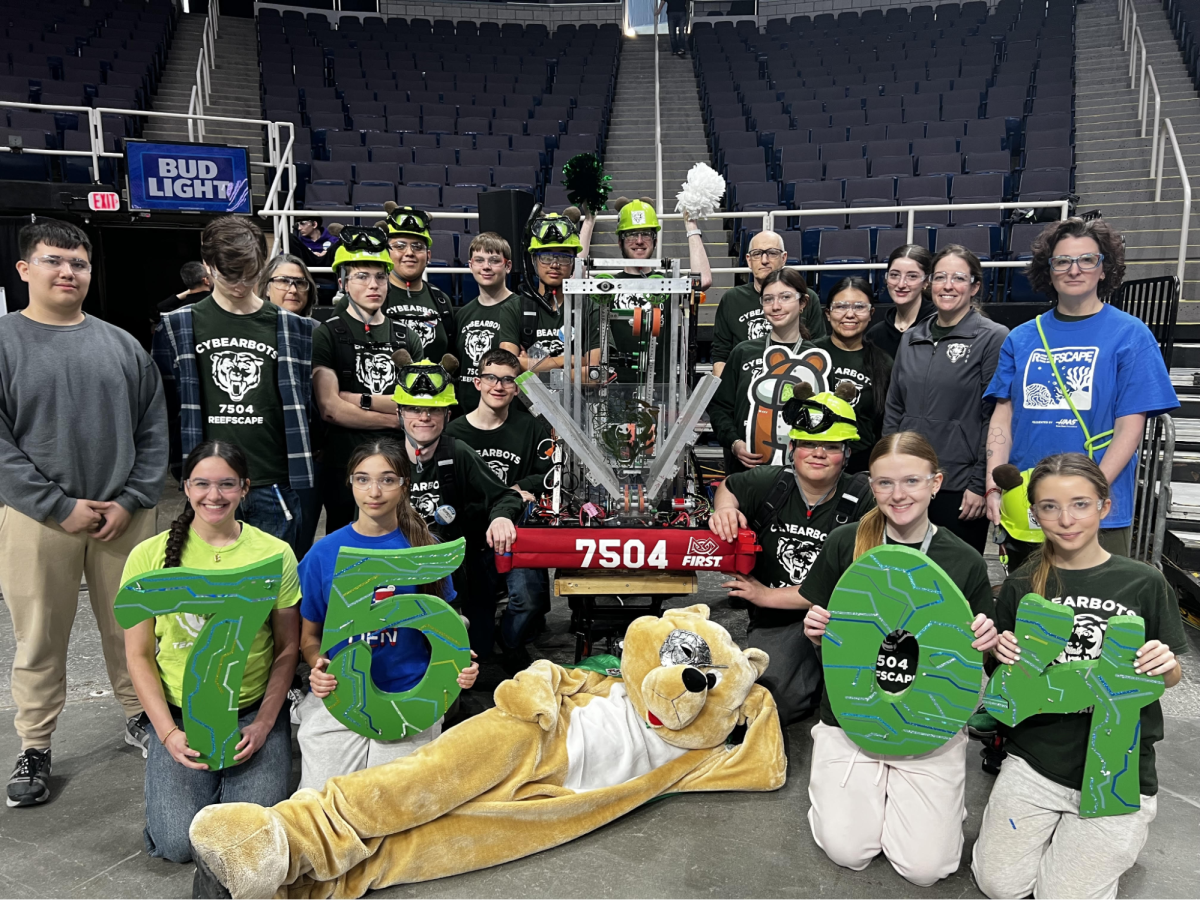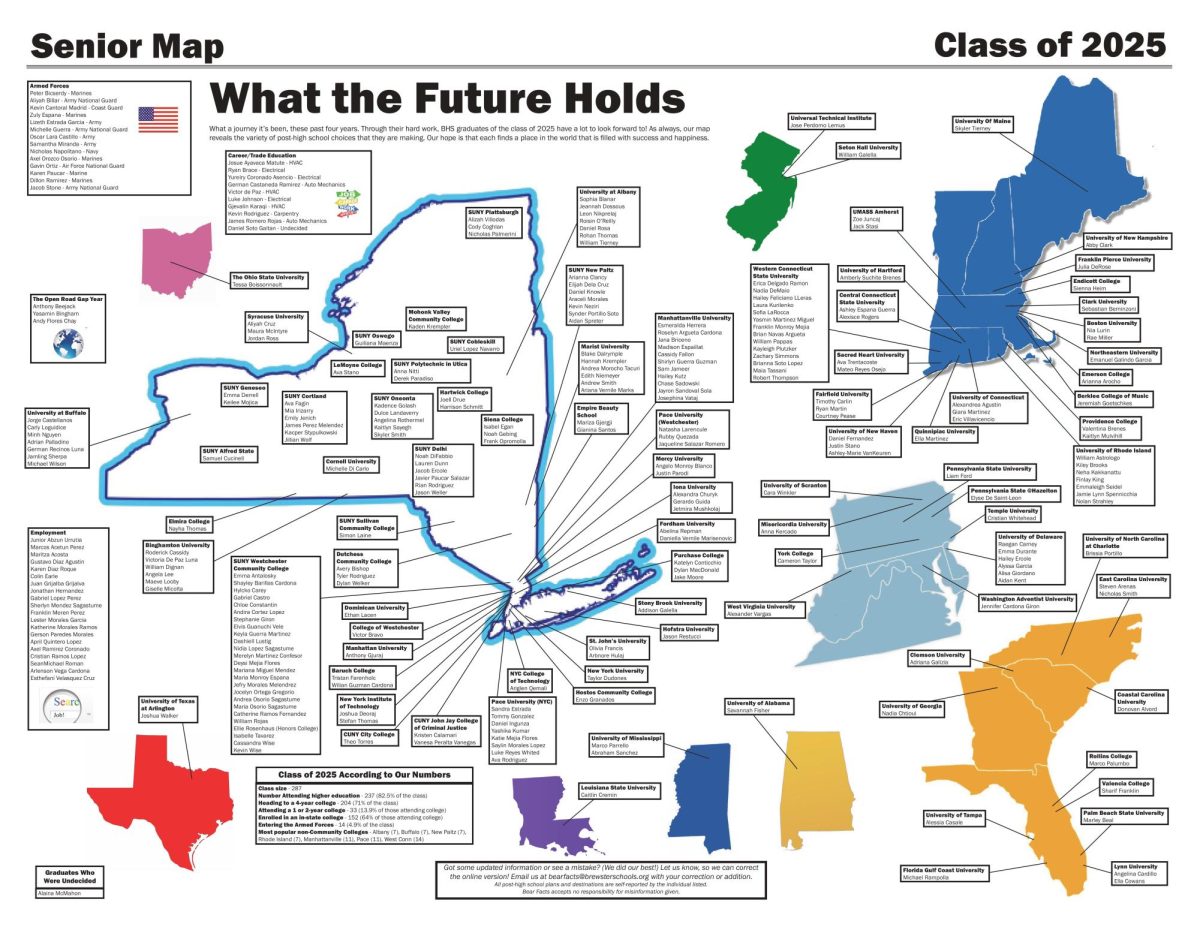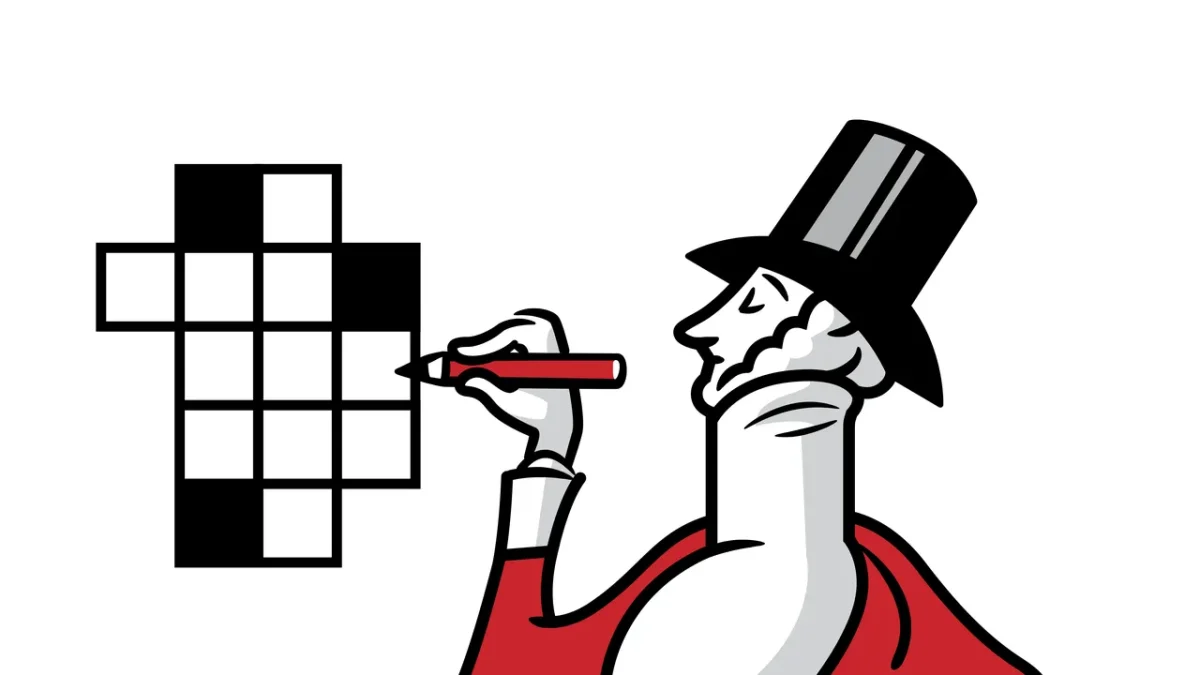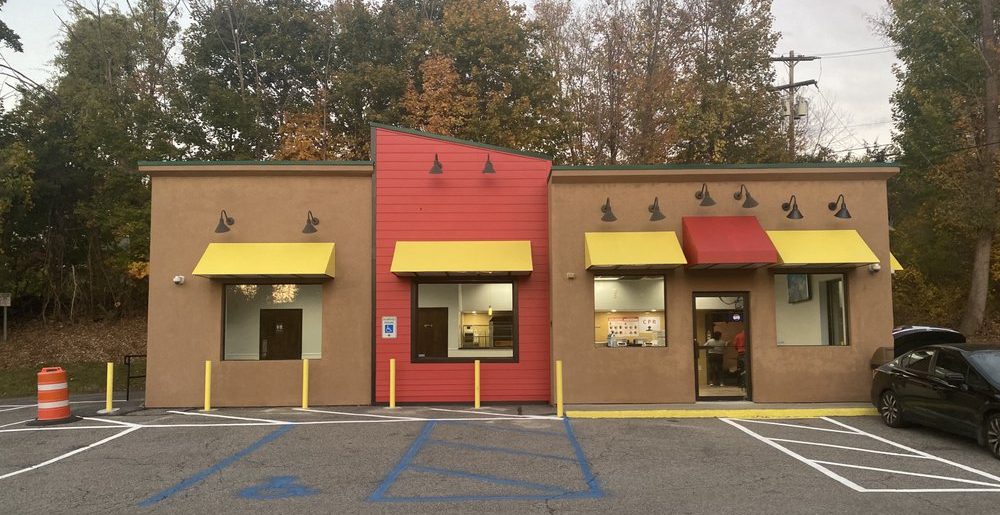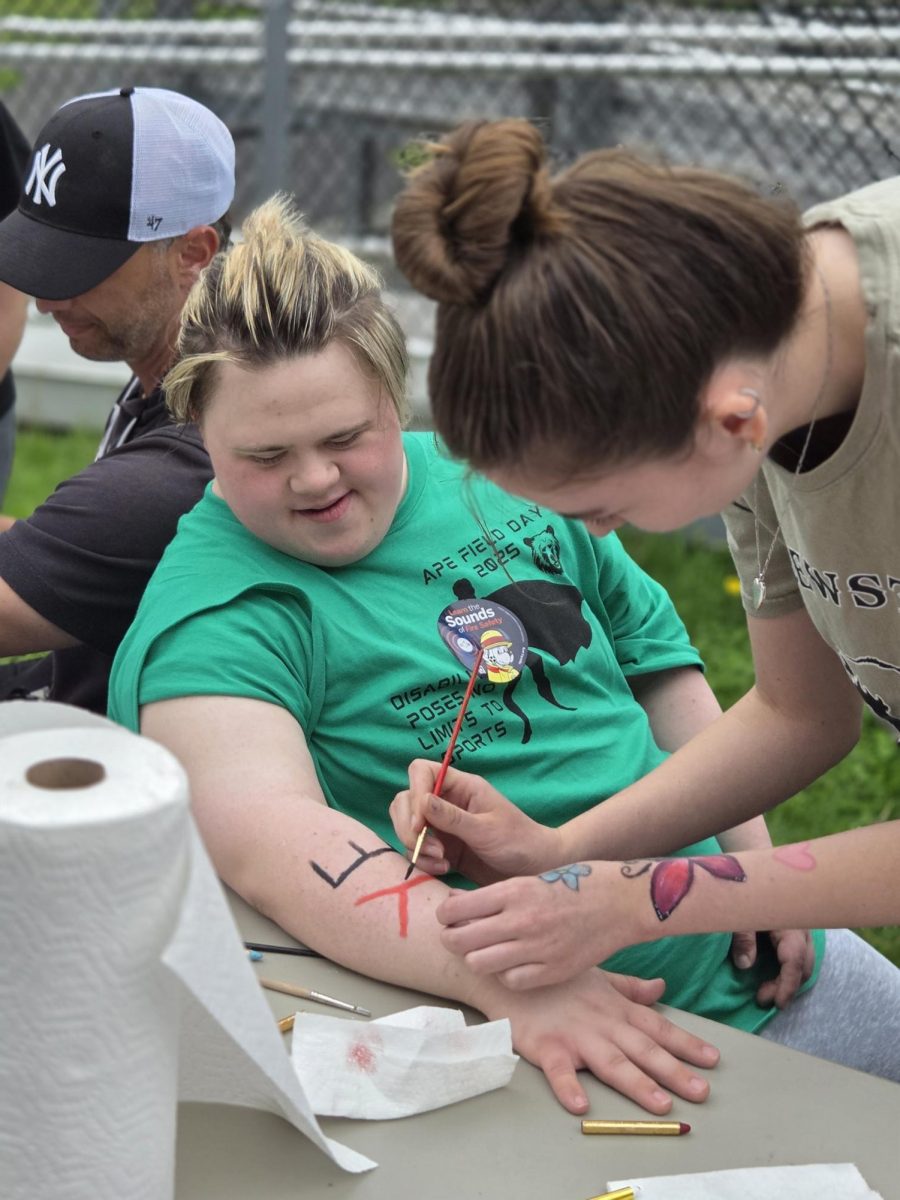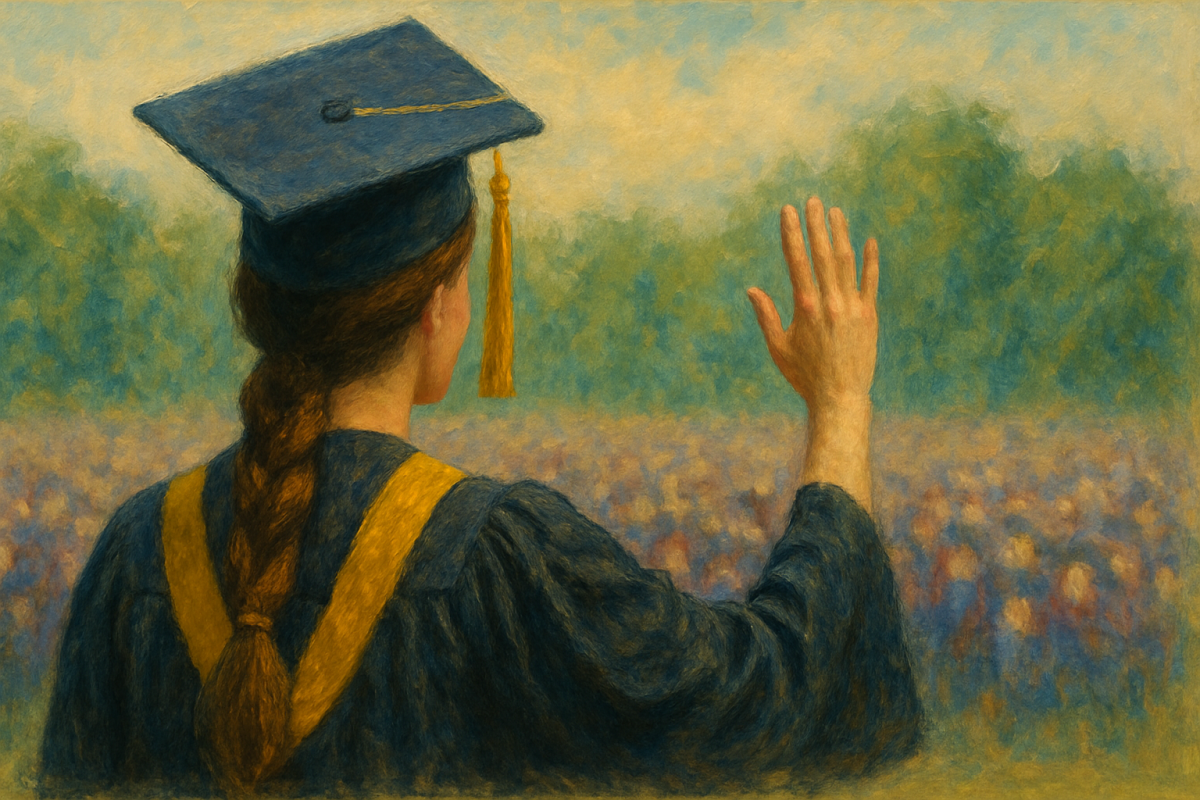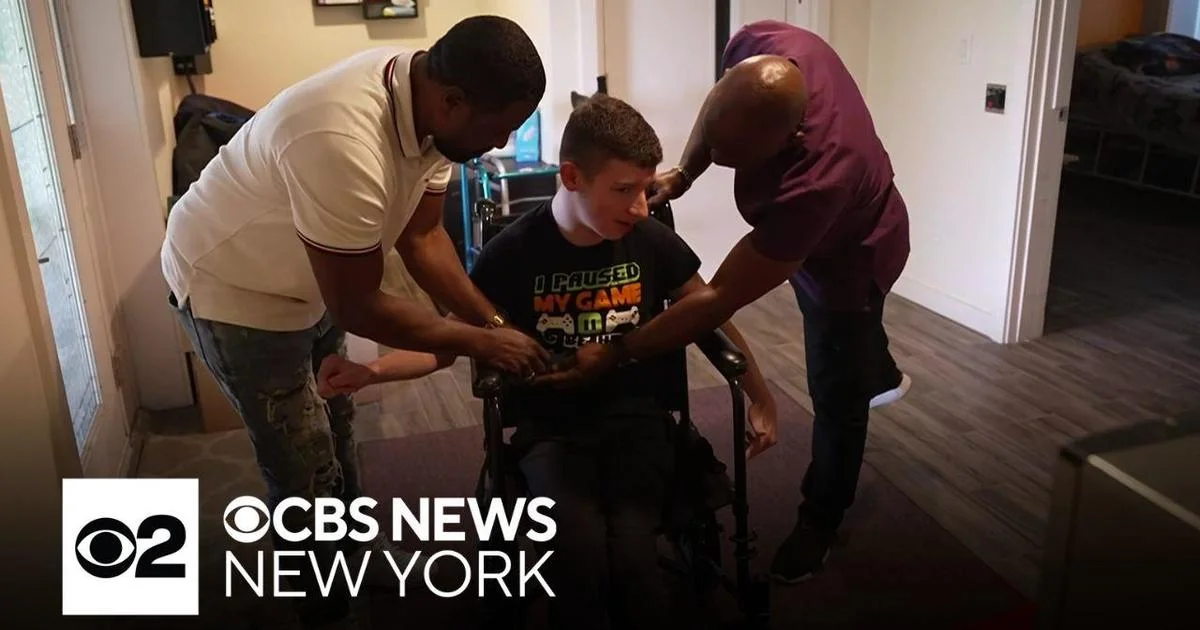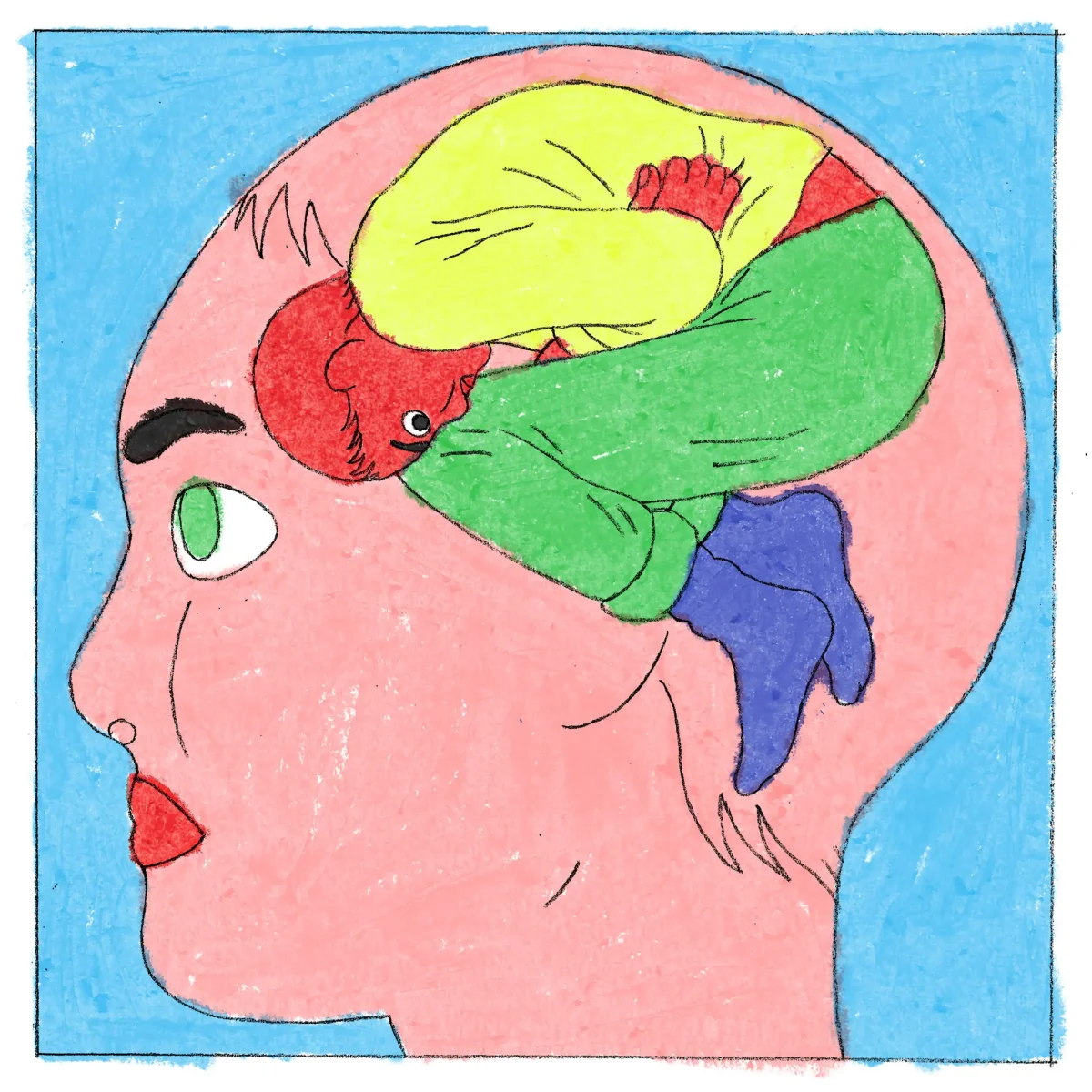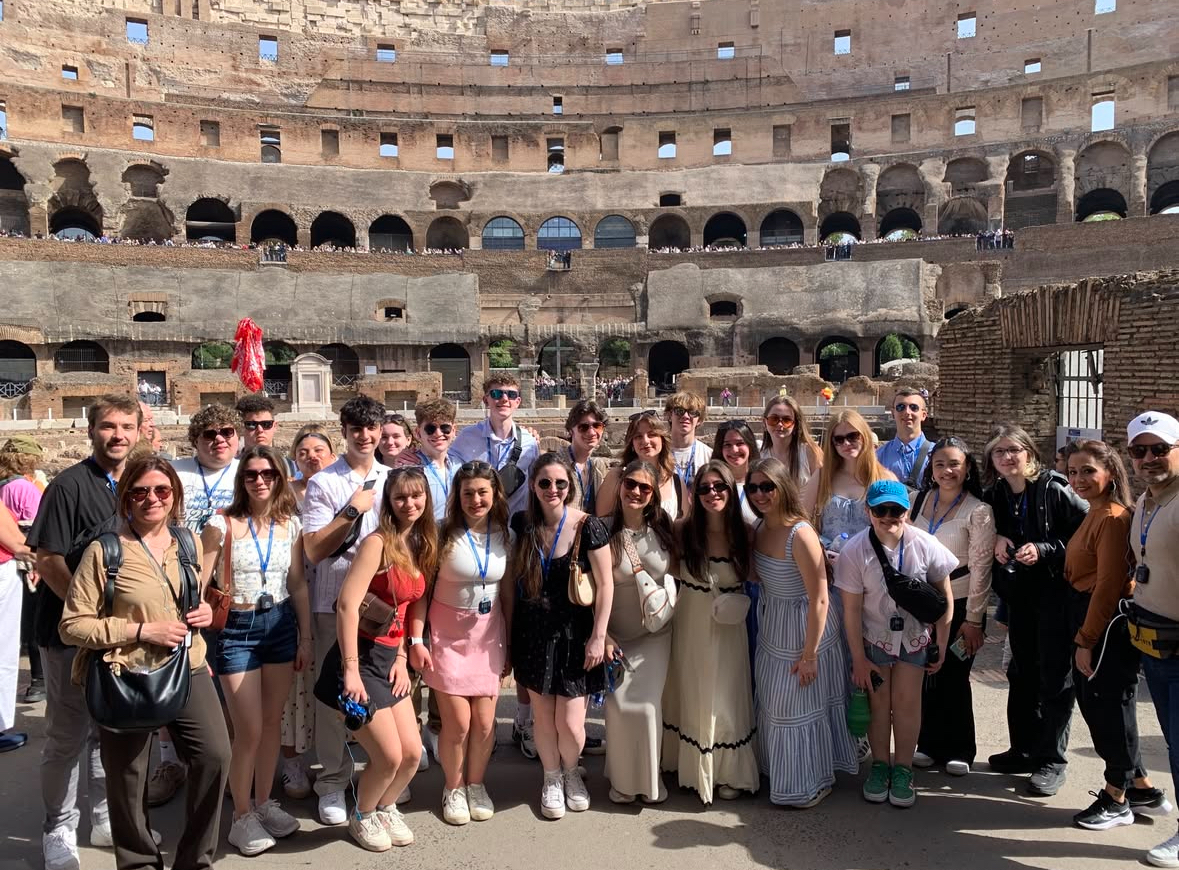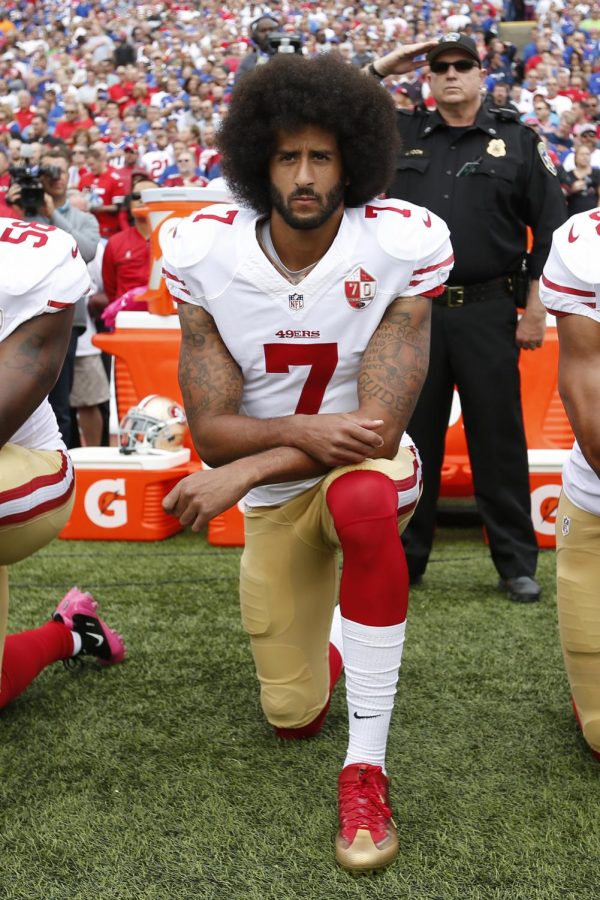When Taking a Knee is Taking a Stand
November 27, 2017
Last NFL season, in response to police brutality against African-Americans and other minorities, San Francisco 49er’s quarterback, Colin Kaepernick began kneeling for the National Anthem. It sparked a national debate on whether or not it was disrespectful to the troops or just civil disobedience due to decades of oppression against his people. In the past year, many other athletes have joined him in kneeling because they feel that the National Anthem doesn’t necessarily apply to them.
Colin Kaepernick is not the first person to protest in this fashion. In 1967, legendary boxer, Muhammad Ali, refused to be inducted into the United States Armed Forces, famously saying, “Why should they ask me to put on a uniform and go ten thousand miles from home and drop bombs and bullets on brown people in Vietnam while so-called Negro people in Louisville are treated like dogs and denied simple human rights?” Today, minorities still feel the same way about their treatment in America as Ali did 50 years ago.
The issue came to a head on September 24th when President Donald Trump tweeted that, “If a player wants the privilege of making millions of dollars in the NFL ,or other leagues, he or she should not be allowed to disrespect our Great American Flag (or Country) and should stand for the National Anthem. If not, YOU’RE FIRED. Find something else to do!” Up until this point, the issue of kneeling was fairly isolated to a few instances, but Trump’s tweets fanned the flames and started a movement amongst many athletes in a variety of sports.
Since Colin Kaepernick is a celebrity, kneeling on national TV in front of the whole world had a much greater impact on history than if a regular high school student did. In Brewster High School, many feel that an NFL player wasn’t the right person to take that bold step. One student was quoted as saying, “I understand they want to make a difference, but why not send some minority students to college? If every player sent 10 kids to college, that’s how you make a difference.”
Still, the movement has its dissenters. First, not everyone feels that race is much of an issue in our country. One Brewster student was quoted as saying that, “oppression isn’t still a thing in the United States.” Additionally, the President suggested that kneeling isn’t about oppression at all when he tweeted, “The issue of kneeling has nothing to do with race. It is about respect for our Country, Flag and National Anthem. NFL must respect this!”
In conversation with other Brewster students, there is support for Kaepernick’s protest despite what some call a sign of disrespect towards the flag, our country, and those who fought to keep it free. Senior Will Gonzalez said, “Kneeling isn’t meant to disrespect the USA, it’s meant to protest injustice.” Citing the nation’s freedom of public, peaceful demonstration, many view the act as a way of exercising and celebrating our rights as Americans, while another senior, Matthew Panagrossi, pointed out that the players are “showing unity within the NFL in response to the president’s disrespectful tweets about NFL players.”
Regardless of where you stand on the issue, the fact is that Kaepernick’s protest has been successful in starting a conversation about race relations in our country. Where this conversation will go no one is sure, but the fact that we are openly discussing the matter indicates a positive direction for the country.
